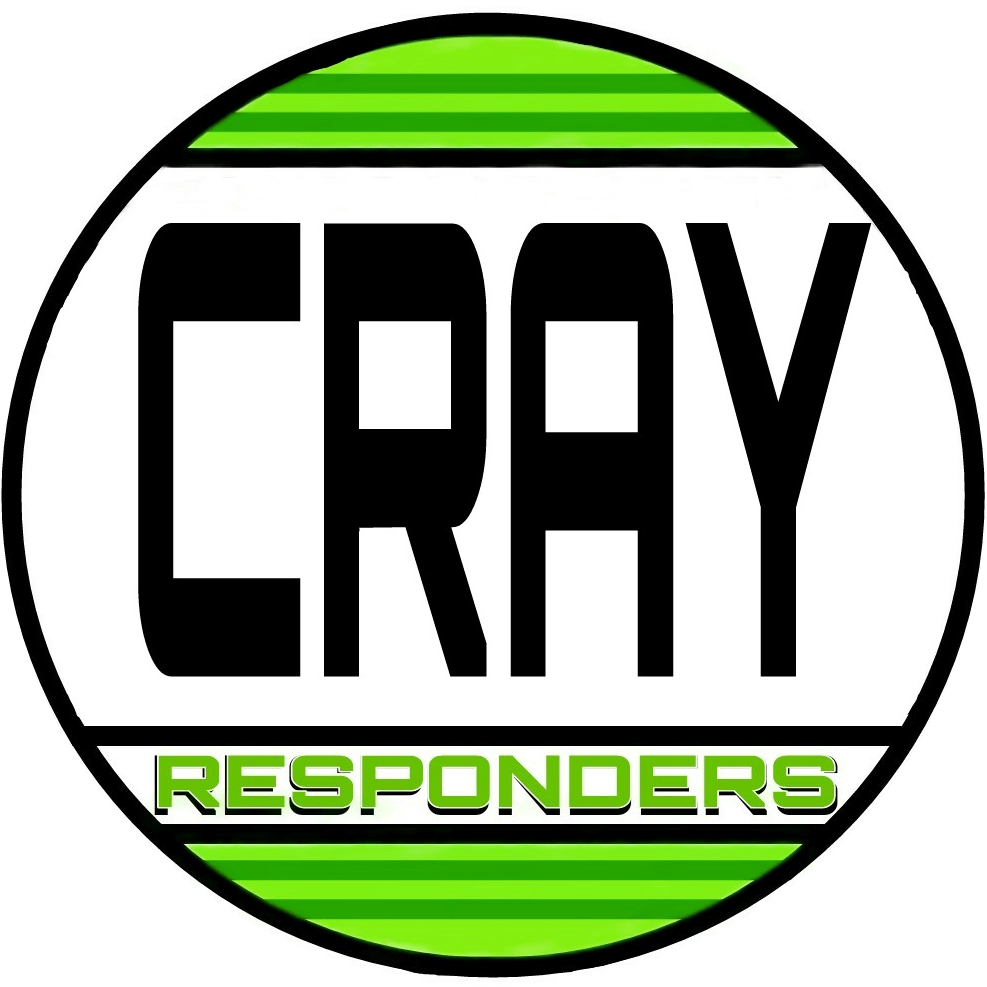Resources & FAQs
Harm Reduction Training Webinar
Frequently Asked Questions
What is CRAY?
Collaborative Rapid Advocacy for Youth (CRAY) provides urgent, after-hours advocacy and accompaniment for commercially sexually exploited young people, aged 11 to 25, during medical exams and law enforcement interviews. CRAY advocates respond in person within one hour in Milwaukee County.
When are CRAY advocates available?
On-call urgent advocates are available Sunday-Friday from 4 pm-midnight by calling 414-800-CRAY (2729).
What if I need an advocate outside of CRAY hours?
Day-time advocates are available Monday-Friday from 9 am-5 pm through Pathfinders’ New Paths Program: call 414-587-5247. For support outside of these hours, call Aurora Healing & Advocacy Services’ hotline at 414-219-5555.
Who makes up the CRAY Collaborative?
The collaborative is led by Pathfinders and includes advocacy agencies such as Aurora Healing and Advocacy Services, Milwaukee Center for Children and Youth, Rethink Resources, Milwaukee Police Department Sensitive Crimes Division, Children’s Hospital Milwaukee Child Advocacy Center, the Benedict Center, Federal Bureau of Investigation, Hmong American Women’s Association, Milwaukee LGBT Community Center, Ascension, UMOS Latina Resource Center, Sensitive Crimes District Attorney’s Office Victim Witness Team, Gerald L. Ignace Indian Health Center, The Village Organization and Sojourner Family Peace Center.
Who makes up the after-hours CRAY advocate team?
The urgent CRAY Advocates are staff and volunteers from Pathfinders, Milwaukee Police Department Sensitive Crimes Division and Aurora Healing and Advocacy Services.
What does an advocate do?
CRAY advocates are professionals and trained community volunteers that provide advocacy and accompaniment for commercial sexually exploited young people, ages 11 to 25, during medical and law enforcement interviews.
Here is what a CRAY advocate does:
- Believes and validates young people.
- Offers support with coping skills.
- Helps young people explore their options.
- Is a safe and confidential person for young people to talk to.
- Makes things more comfortable for young people during a medical or legal crisis.
- Maintains confidentiality and appropriate boundaries.
- Empowers young people to make decisions and respect their choices.
- Educates young people on their rights and advocates when those rights are violated.
- Connects young people with helpful people and resources.
CRAY advocates do not:
- Make decisions for or pressure young people into making decisions.
- Share information without the young person’s consent.
- Persuade young people to work with or not work with law enforcement or medical providers.
- Make assumptions.
- Limit a young person’s choices or challenge their decisions.
- Provide case management, specialized mentoring and/or supervision.
Interested in volunteering with CRAY?
Learn more here.
